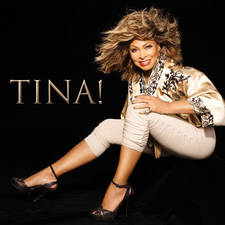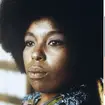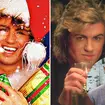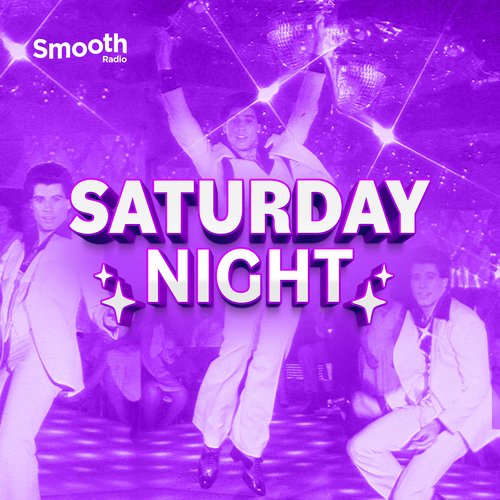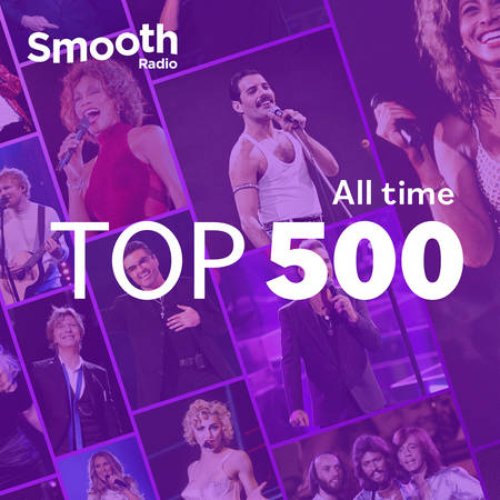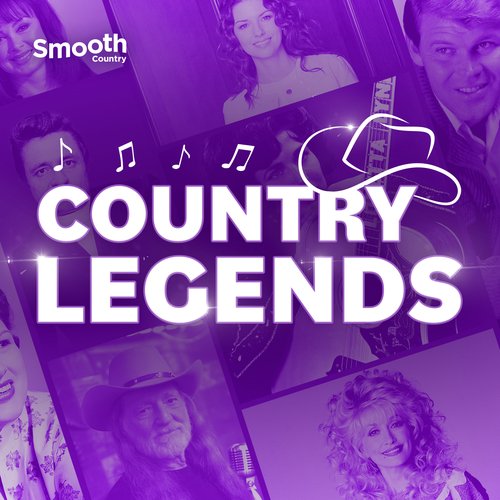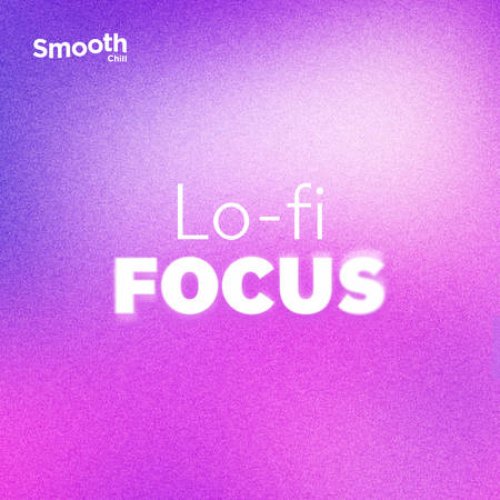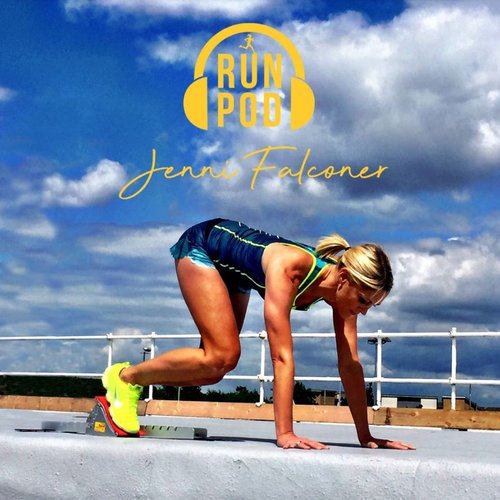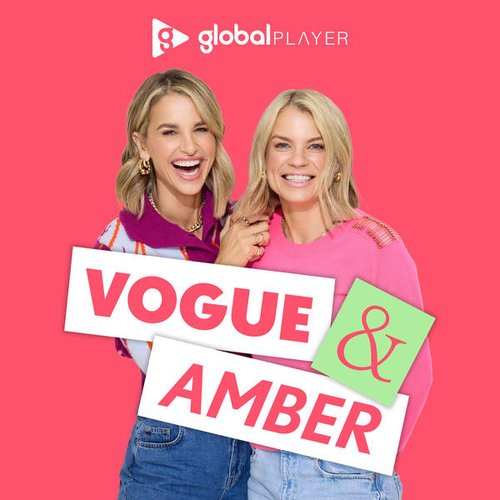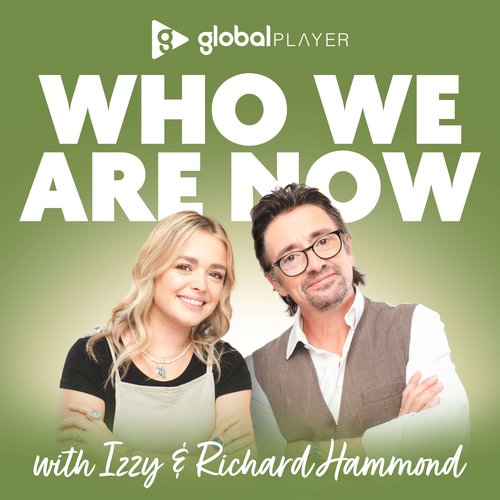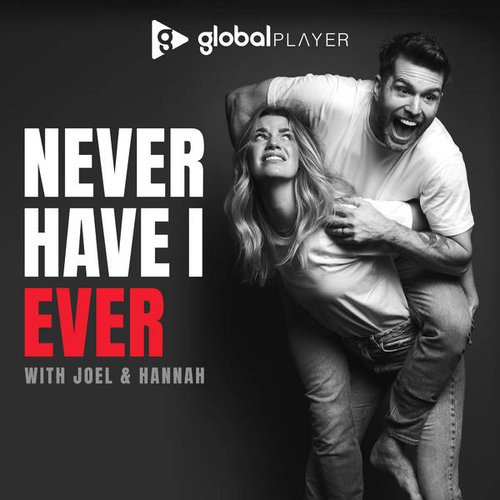The Story of... 'One Love' by Bob Marley and the Wailers
18 February 2024, 22:09
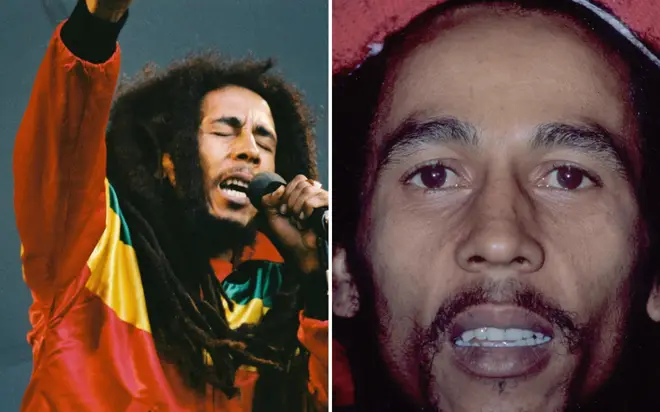
Listen to this article
"One love, one heart. Let's get together and feel all right."
Few artists could write a peace anthem quite like Bob Marley, and 'One Love' is arguably the most universal song he created with The Wailers.
Even though the worldwide reggae icon wrote a host of unifying pleas for peace, 'One Love' is often considered to be his signature song. At least that's what his son Stephen Marley believes.
"Love is the answer to all of these issues," he revealed in the book Anthems We Love. "It is love for humanity, love for the environment, love is the universal cure for all of these things, our world being in some of these positions we're in."
- Kingsley Ben-Adir and James Norton explain how he transformed into Bob Marley for One Love
- Bob Marley One Love review roundup: Is the reggae biopic as Legendary as the man himself?
- How did Bob Marley die? The Wailers icon's untimely death explained 40 years on
- Bob Marley's 15 greatest ever songs, ranked
Add to that, 'One Love' was used as the title for Bob Marley's recent biopic starring Kingsley Ben-Adir, and it's hard to argue.
But when did Bob Marley write 'One Love'? What or who inspired the song's timeless lyrics? Here's all you need to know:
What inspired Bob Marley to write 'One Love'?

Bob Marley & The Wailers - One Love / People Get Ready (Official Music Video)
Bob Marley in fact first wrote 'One Love' in 1965 as a ska tune during his and The Wailers' earliest iteration.
The version we've come to know and love was when Bob went back to the song and revised the lyrics, to integrate a powerful message of peace.
Marley revisited 'One Love' during the turmoil of the Jamaican elections in December of 1976, when the country was torn in two between Michael Manley's People's National Party and the Jamaican Labour Party led by Edward Saega.
Manley received Marley's support when he won the 1972 election, but four years later when Bob was undoubtedly the country's most popular figure even outside of music, he refused to take a political stance despite increasing pressure on him to do so.
Jamaica was embroiled in violence, and whilst Bob stayed politically neutral he offered up his Hope Road home as a sanctuary for people with nowhere else to go.
Journalist Vivien Goldman remembers being with Marley whilst he was reworking 'One Love', while sitting on his bed with a young girl as visitors gathered around him.
With 'One Love', Bob wanted to channel his anger into writing a song that championed peace.
Why was Curtis Mayfield credited on the song?
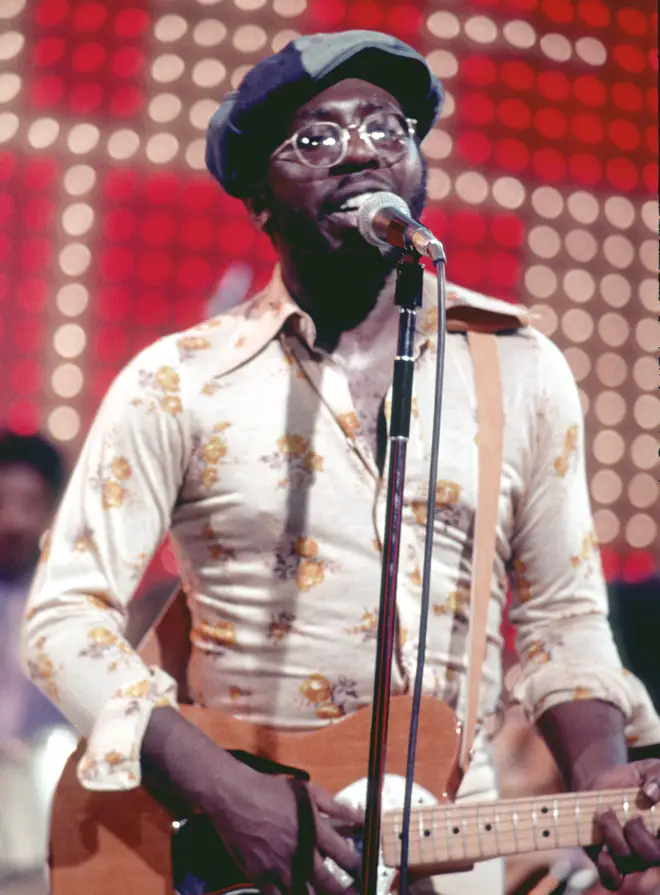
'One Love' incorporates sections of the Impressions' 1965 song 'People Get Ready', one of the most influential civil rights anthems of the sixties which was written by the group's singer Curtis Mayfield.
Mayfield was a major influence on Marley, and wanted to emulate songwriting as a way to communicate meaningful messages of unity, spirituality, and struggle.
Whilst the original version of 'One Love' didn't credit Mayfield due to copyright law not being enforced in Jamaica at the time, he was later given co-credits with Bob once 'One Love' was rewritten and re-released.
What is the meaning of 'One Love'?
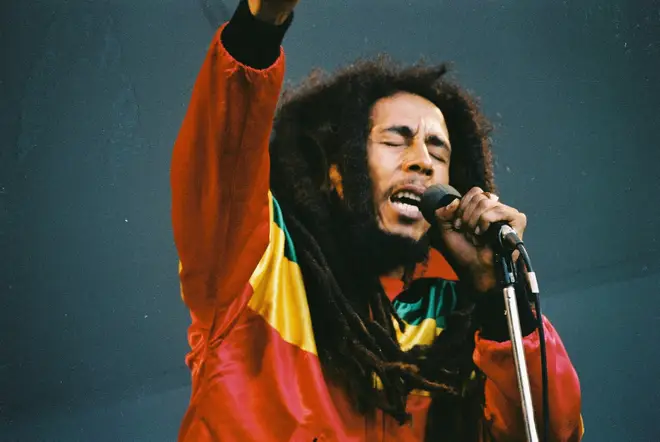
'One Love' has a fairly transparent message on the surface - it's a song about love, peace, and unity in a similar vein to John Lennon's 'Imagine' or George Harrison's 'Give Me Love (Give Me Peace On Earth).
Beyond the anthemic chorus which is easy enough to attach to, there are deeper meanings to some of Bob's lyrics.
The song's first verse asks the rhetorical question: "Is there a place for the hopeless sinner who has hurt all mankind just to save his own?"
Bob might be calling for peace, but he's also suggesting that everybody - no matter how much they have sinned in life - is worthy of forgiveness and redemption. He might even be talking about himself in that instance.
His lyrics also describe the perspective of the oppressed, and how greed and selfishness are the root of all our world's issues.
Ultimately though, 'One Love' is a song where Bob hopes his message can transcend religion, race, nationality, borders, cultures, and generations, coming together for a common cause: humanity.
Who appeared in the official music video?

Bob Marley - One Love/People Get Ready (1984)
'One Love' didn't actually get an official video release until Bob Marley had died. The music video was directed by DJ and musician Don Letts in 1984.
Letts put together the posthumous release for Bob Marley and the Wailers' compilation album Legend, and managed to pull together a few cameo appearances for the music video too.
Starring a young British-Jamaican boy Jesse Lawrence, the video shows him dancing at his home on the World's End Estate in London, before dancing amongst a crowd of punks, tourists, and the local community on the King's Road.
The likes of Paul McCartney, Bananarama, Madness, reggae groups Musical Youth and Aswad, as well as Neville Staple from The Specials all made cameo appearances, cut alongside archival footage of Marley performing live.
How did 'One Love' perform after it was first released?
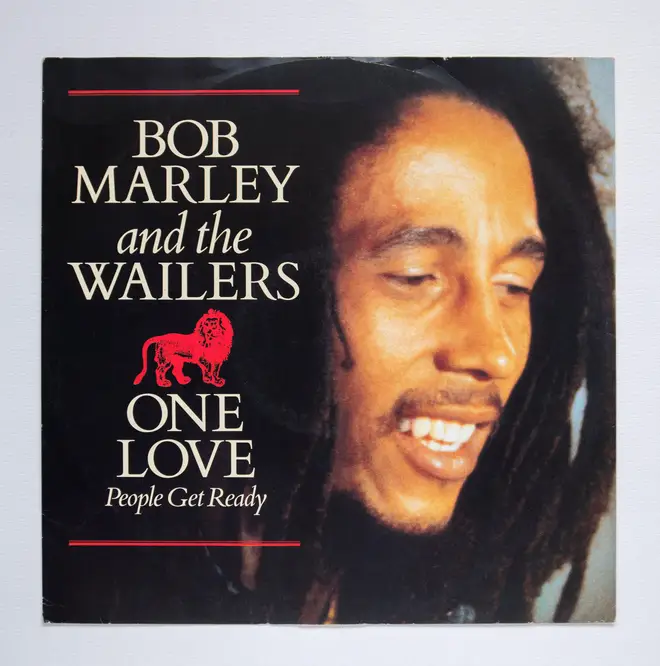
The original 1965 recording of 'One Love' wasn't released as a standalone single, though was re-recorded as a medley called 'All In One' which was released in 1970.
'One Love' in the iteration we're more familiar with was re-worked for Bob Marley and the Wailers' 1977 album Exodus, though again, wasn't released as a single.
It was only in 1984 when 'One Love' was released as a single, and reached number five in the UK charts.
In 2007, the 1965 version of the song was inducted into the Grammy Hall of Fame, though Bob Marley wouldn't achieve any meaningful success in the US until after his death.
Has anyone else covered 'One Love'?

Ziggy Marley - One Love (Bob Marley cover) | Live at Pol'And'Rock Festival (2019)
Countless artists have covered Bob Marley's peace anthem over the years since its release, notably his children like Stephen Marley and Ziggy Marley.
Arguably the most familiar cover version recorded by an artist outside of Bob's family however was by Jason Mraz, who covered 'One Love' for a Gap commercial in 2005.
